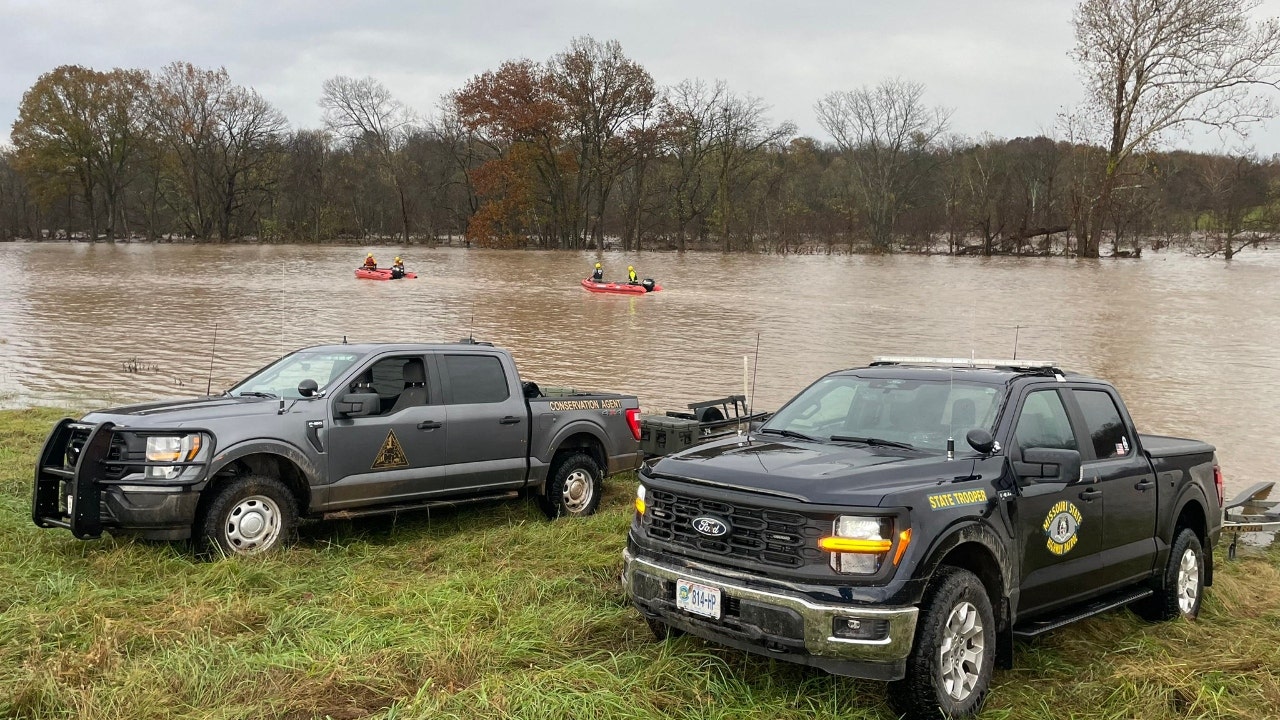Mohammed Foara said his wife could not stop talking about how much she wanted to flee Rafah, where their family was among more than a million people who had sought safety from Israeli bombardment and fighting elsewhere in Gaza.
Their oldest child had already been killed by an airstrike in Nuseirat, in central Gaza, where the family had sheltered before they came to Rafah. As Israel warned it was preparing to invade Rafah, she asked him: Is that not reason enough to leave?
Finally, Mr. Foara agreed, he said, and the family packed up their meager possessions and moved for a fifth time in nearly seven months of war. They joined some Palestinians who have begun to flee, once again, this time leaving Rafah, Gaza’s southernmost city, before a widely anticipated Israeli attack.
“I escaped Rafah just to keep the other children alive and safe,” said Mr. Foara. He has been haunted by the death of his son, Anas, 21, who was killed by an airstrike when he went out to find cigarettes.
“I fear for them more and more,” he said of his four surviving children.
Israel has called Rafah the last Hamas stronghold in Gaza, and said that invading the city is key to its goal of dismantling the group behind the Oct. 7 attack, which Israeli officials say killed about 1,200 people.
The war in Gaza has killed more than 34,000 people, according to local health authorities. Some 1.7 million — in a territory of roughly 2.2 million — have been driven from their homes, many of them multiple times, according to the United Nations.
The Foara family fled their home in Gaza City early in the war, where they moved within the city twice, and then spent four months in Nuseirat. They went to Rafah after their son was killed.
They are now in an area near the central Gazan city of Deir al Balah, in a camp that is so new that there are not yet any humanitarian groups working there and no medical assistance either, Mr. Foara said. They received a nylon-and-cloth tent from local residents marked with the number 170.
“That means there are more than 170 families in this area,” Mr. Foara said on a recent day last week, the hot sun beating down. “I hope to not evacuate this place.”
Residents in the area who have remained in their homes amid the war helped Mr. Foara build the tent, he said, and gave his family water.
At the entrance to the camp, there are vendors selling falafel and other food at prices that have been inflated by the war. A tank of water costs about $100, but before the war it cost about $25, Mr. Foara said.
That is too much for Mr. Foara, who before the war was paid about $400 per month as a civil servant for the Palestinian Authority, a rival to Hamas. He is determined to keep his family alive, but sometimes the weight of the tragedy that has befallen them — and the rest of Gaza — is almost too much to bear.
“I feel like I am just a block of negative feelings — anxiety and depression,” he said. “We used to watch these scenes of tents in Yemen and Syria, and now it is a reality here.”






